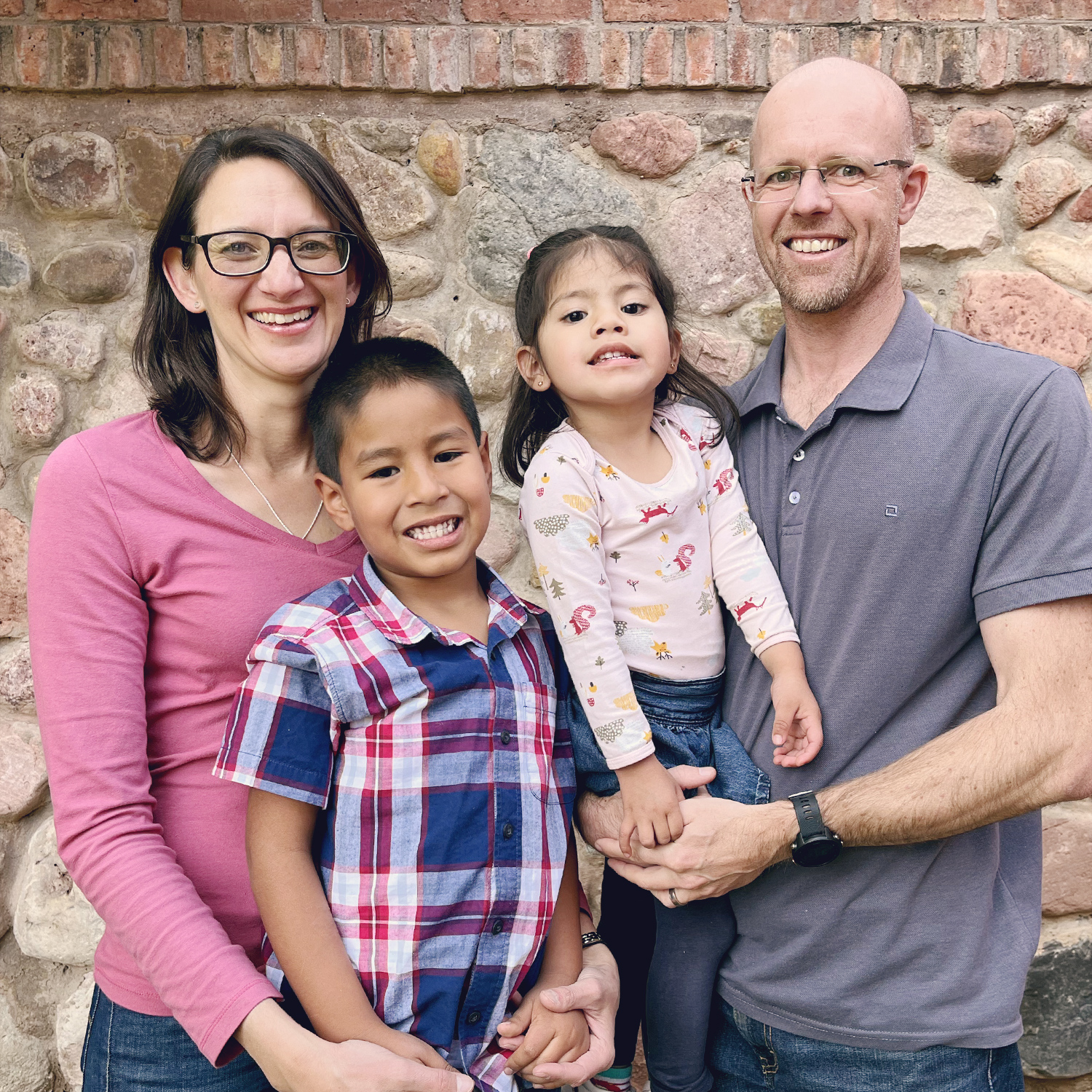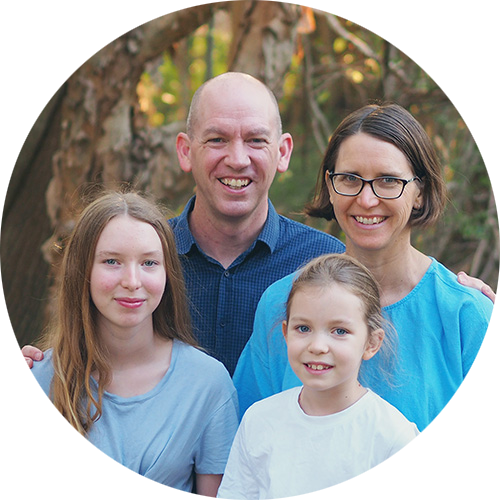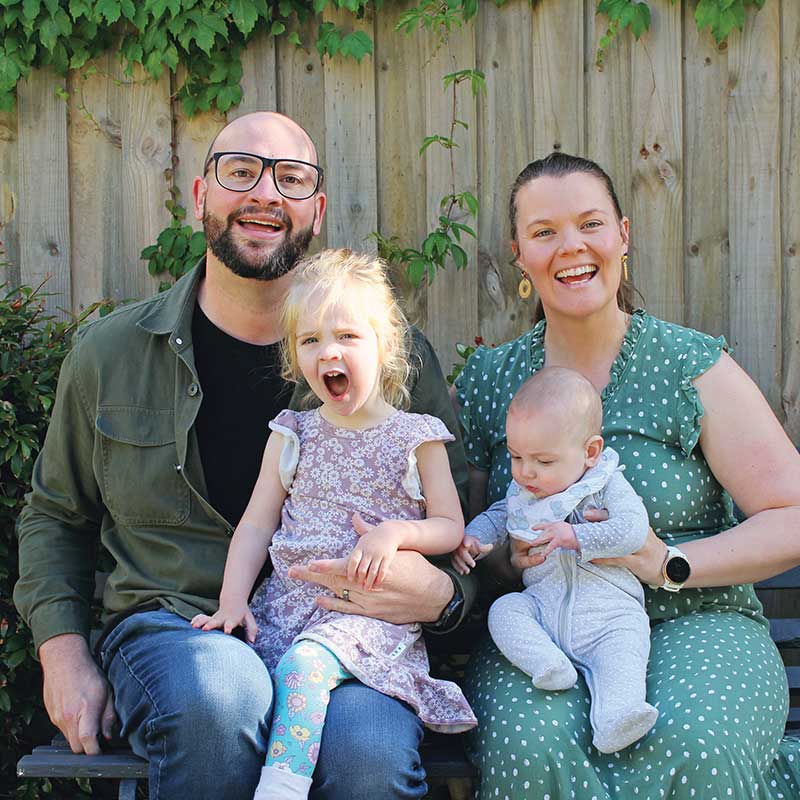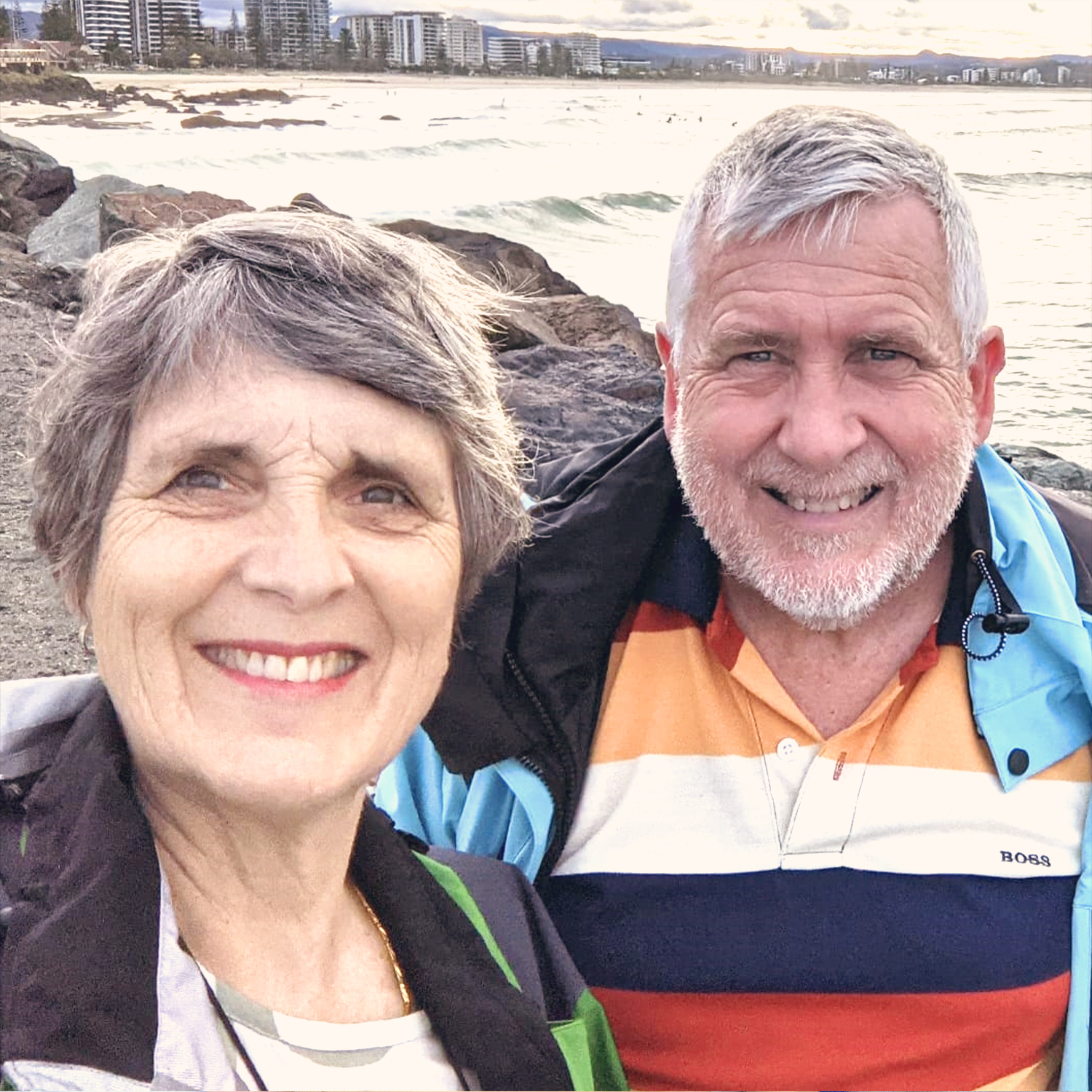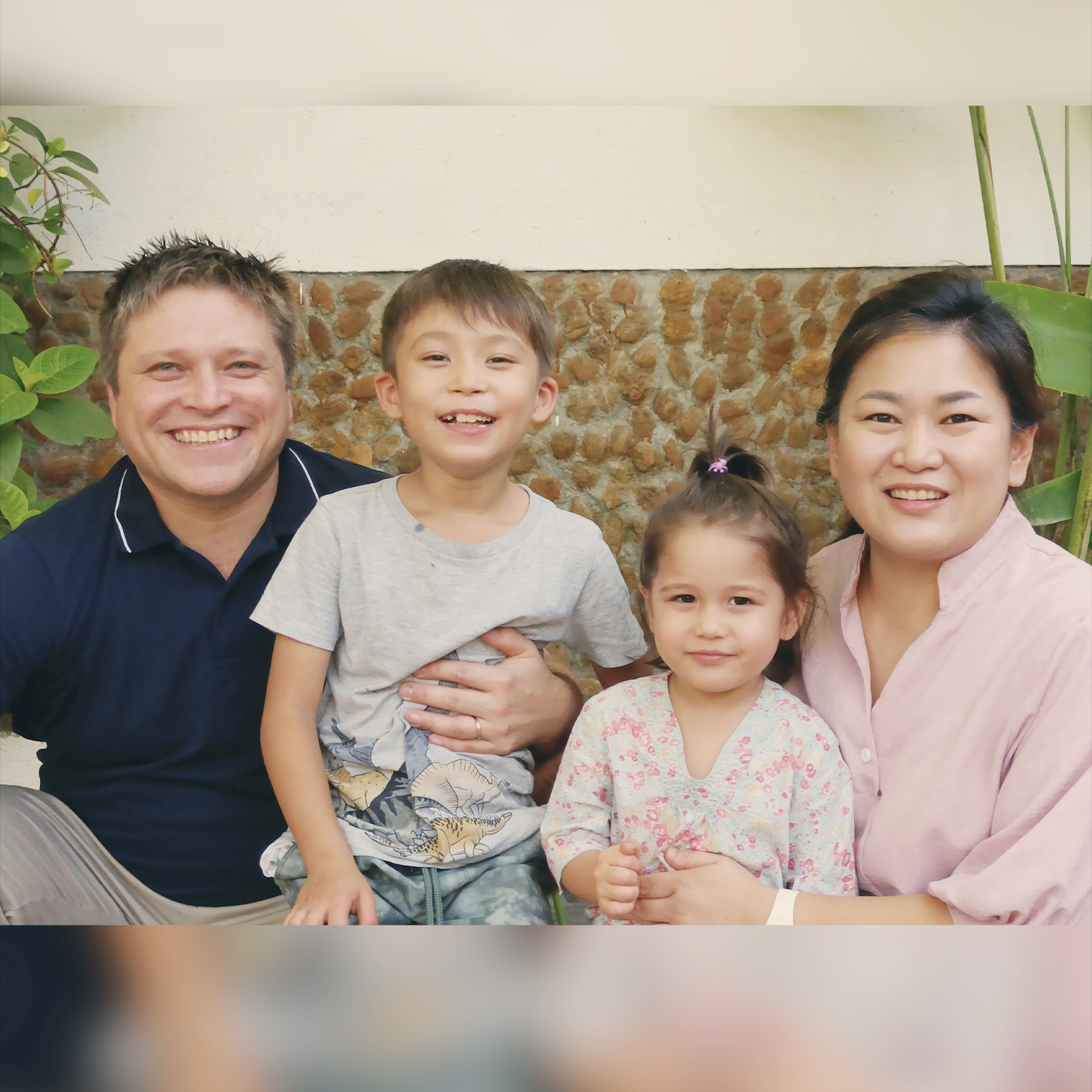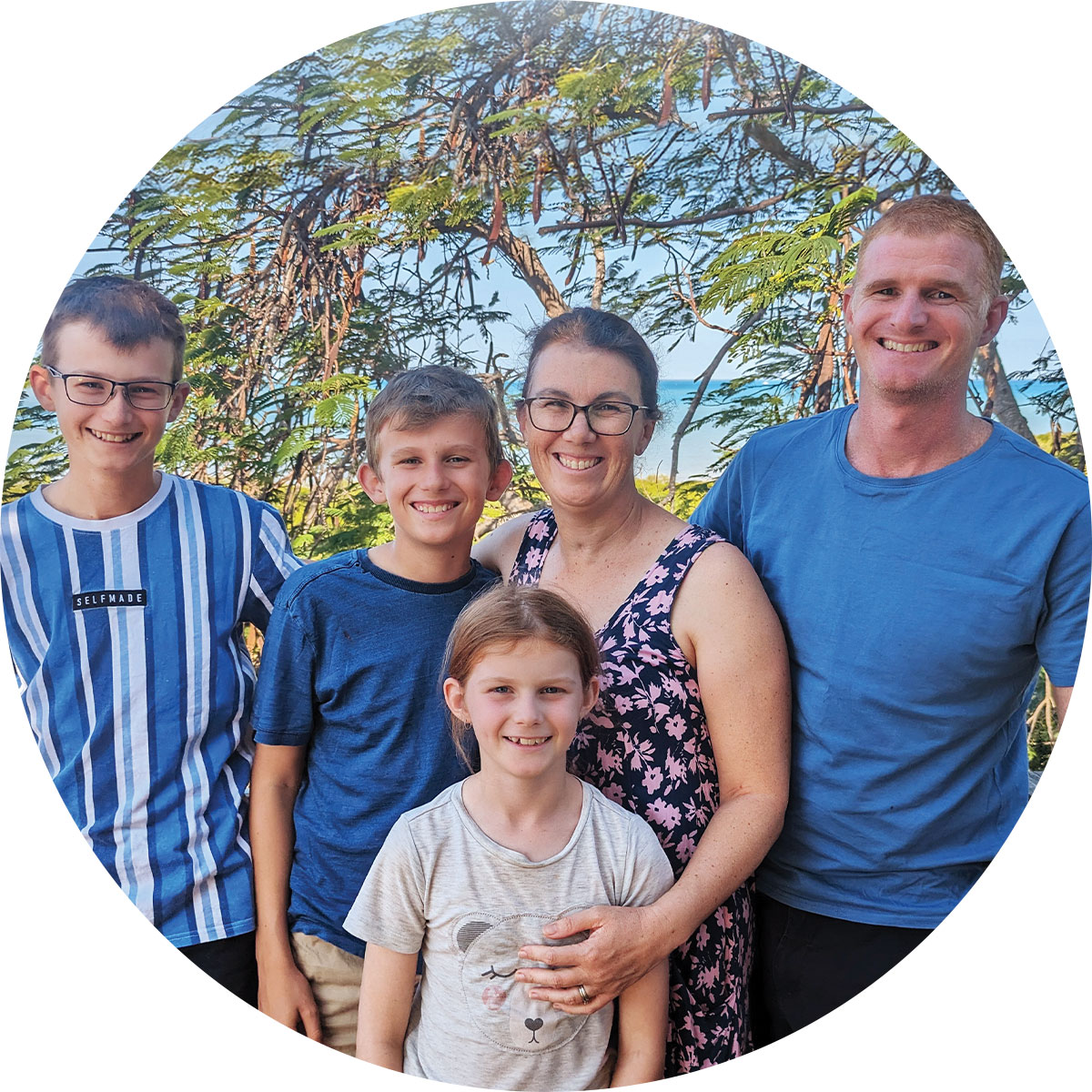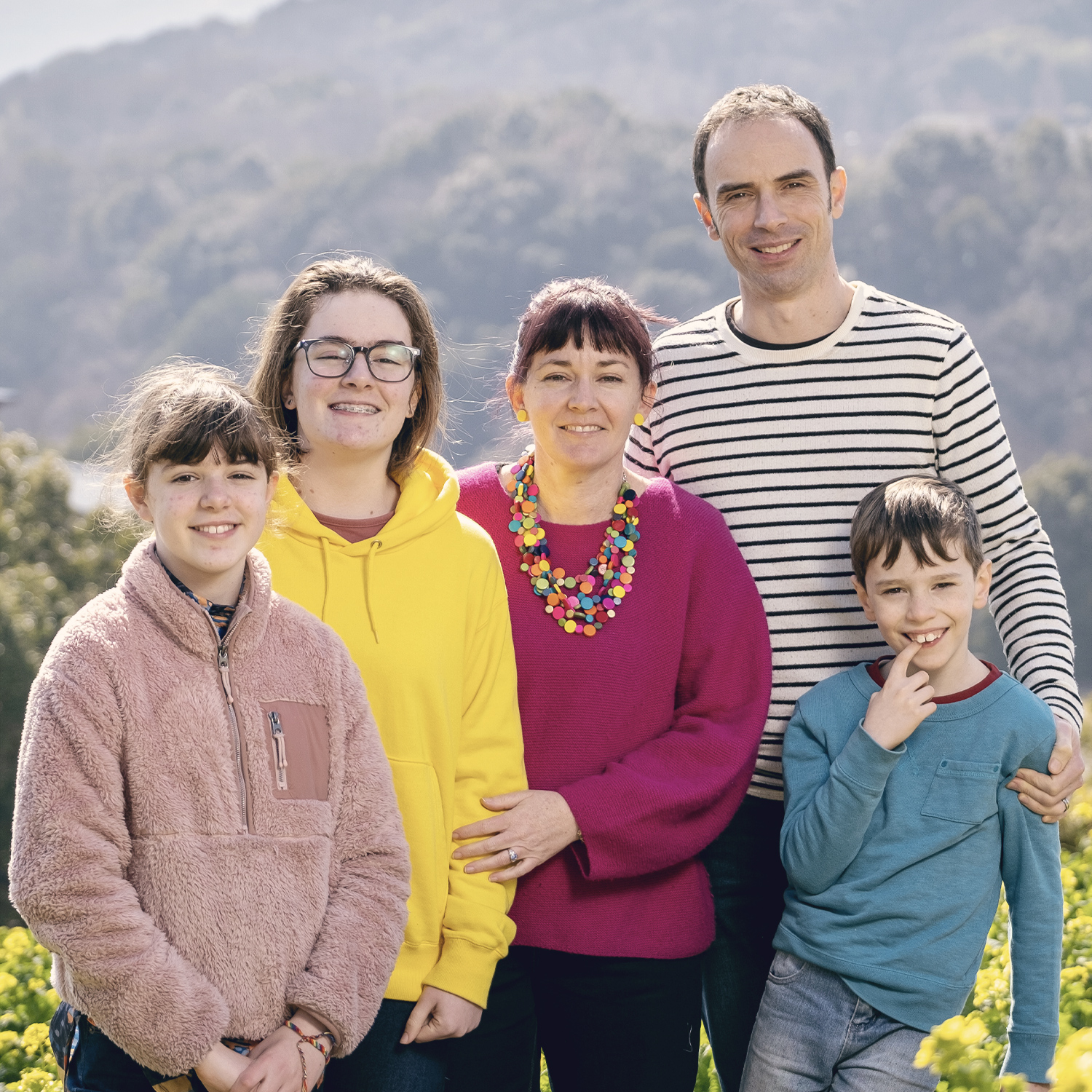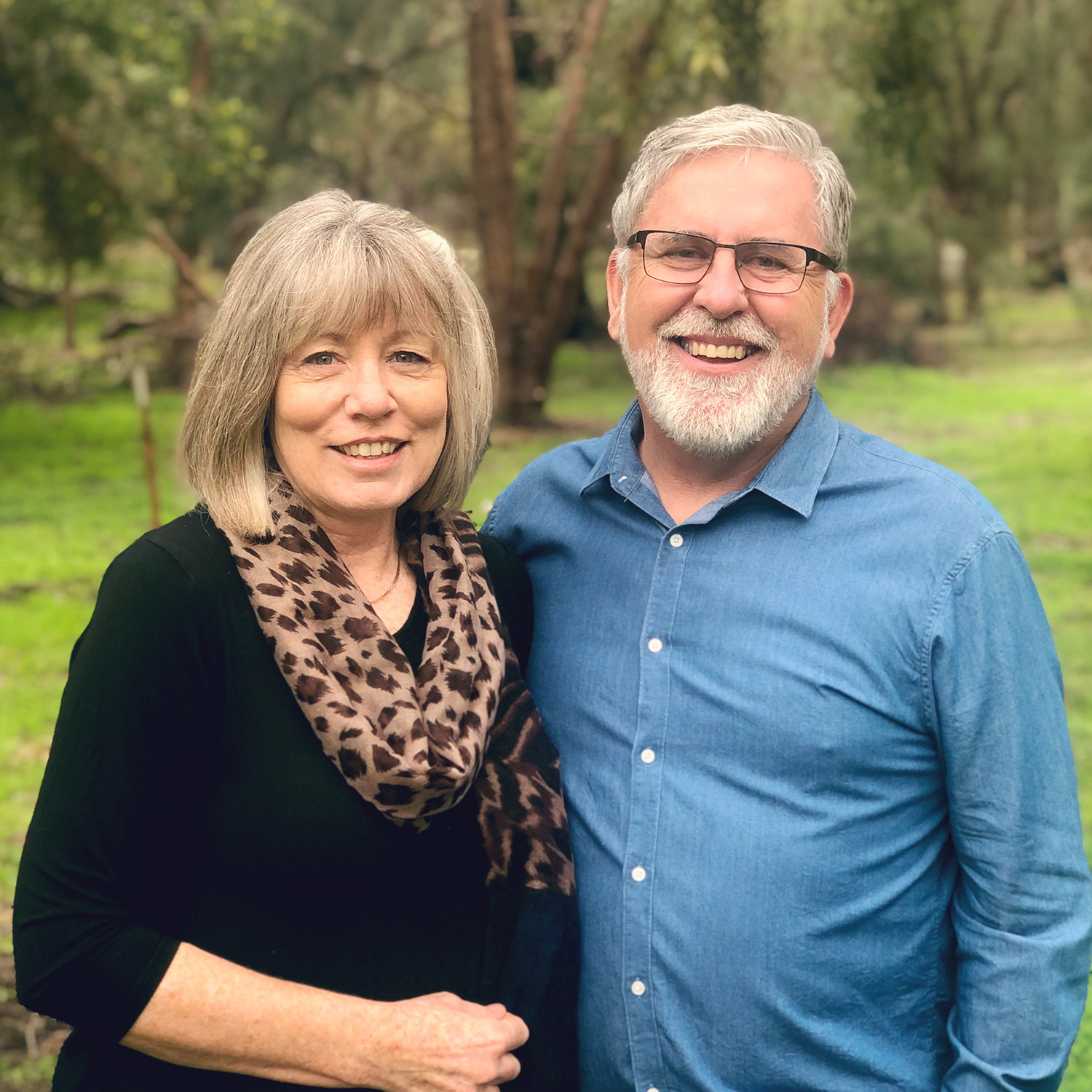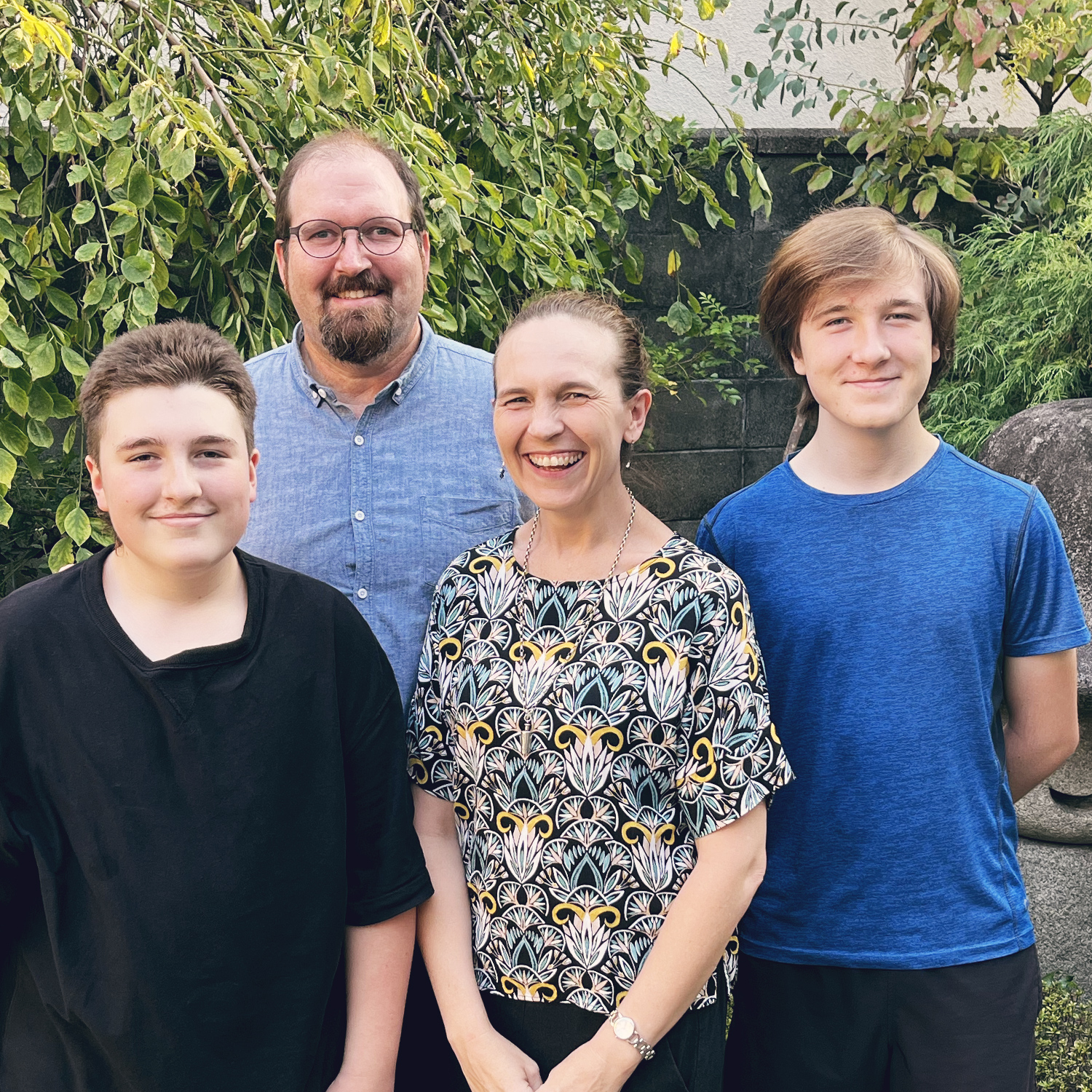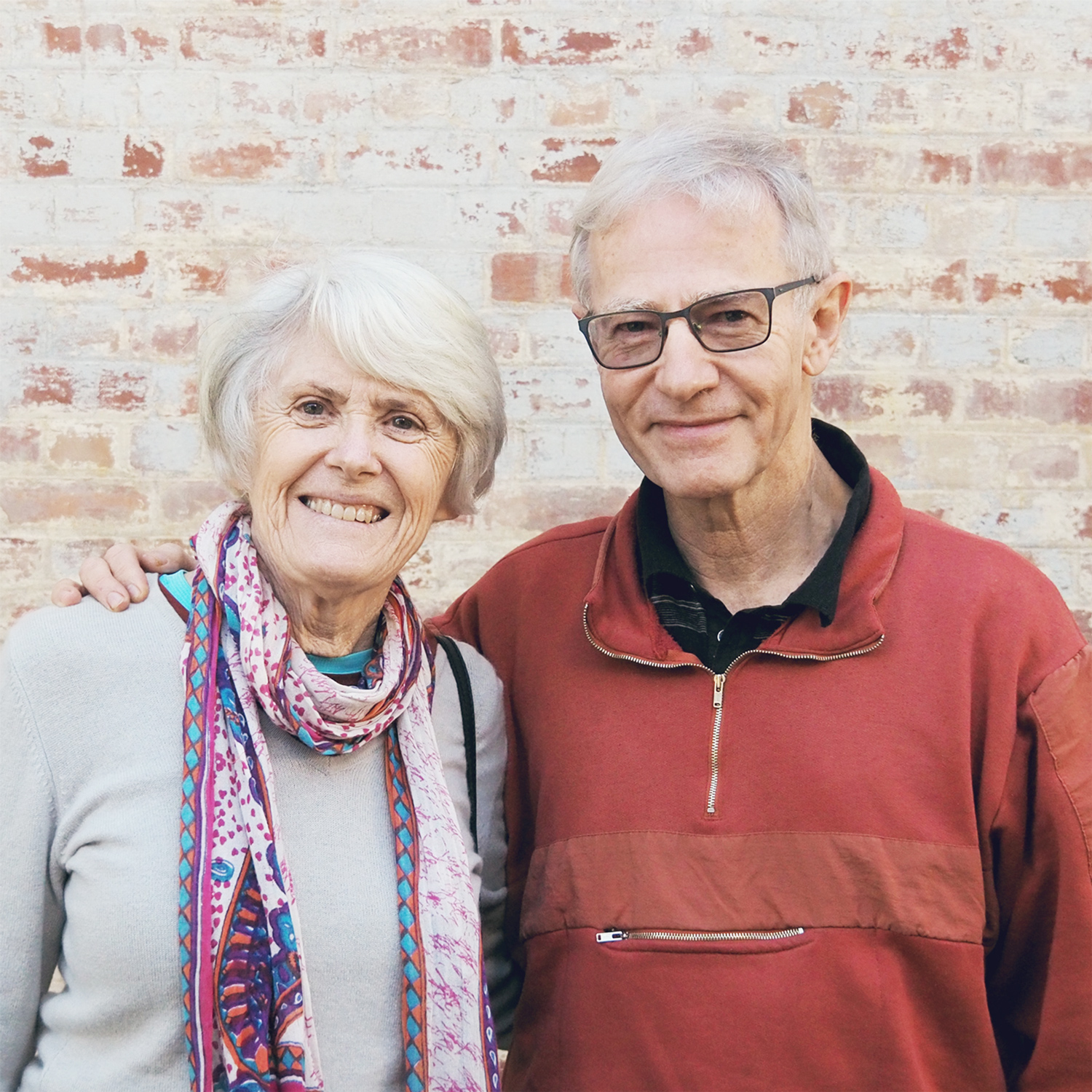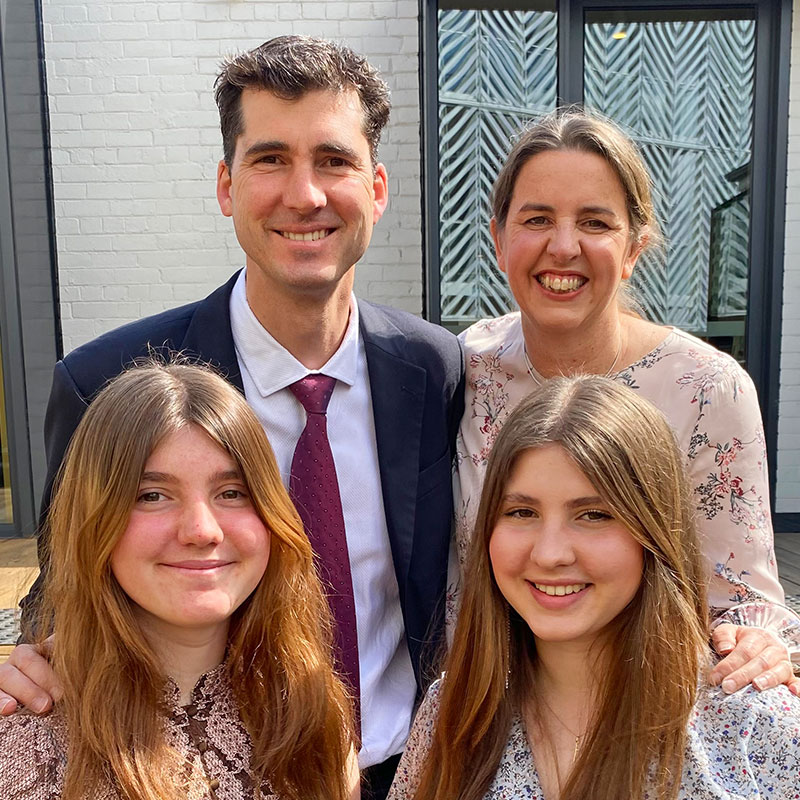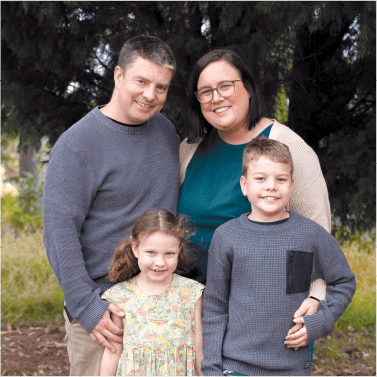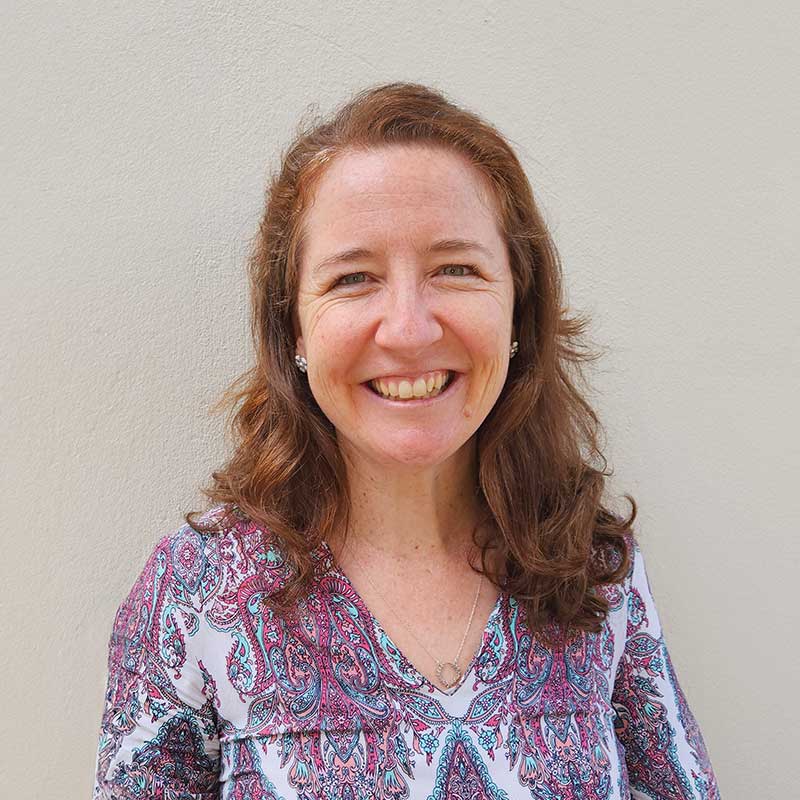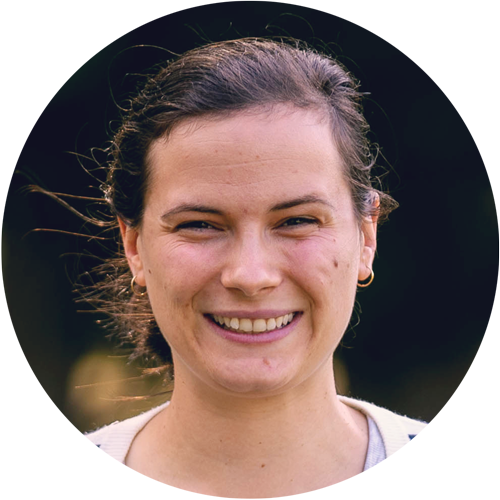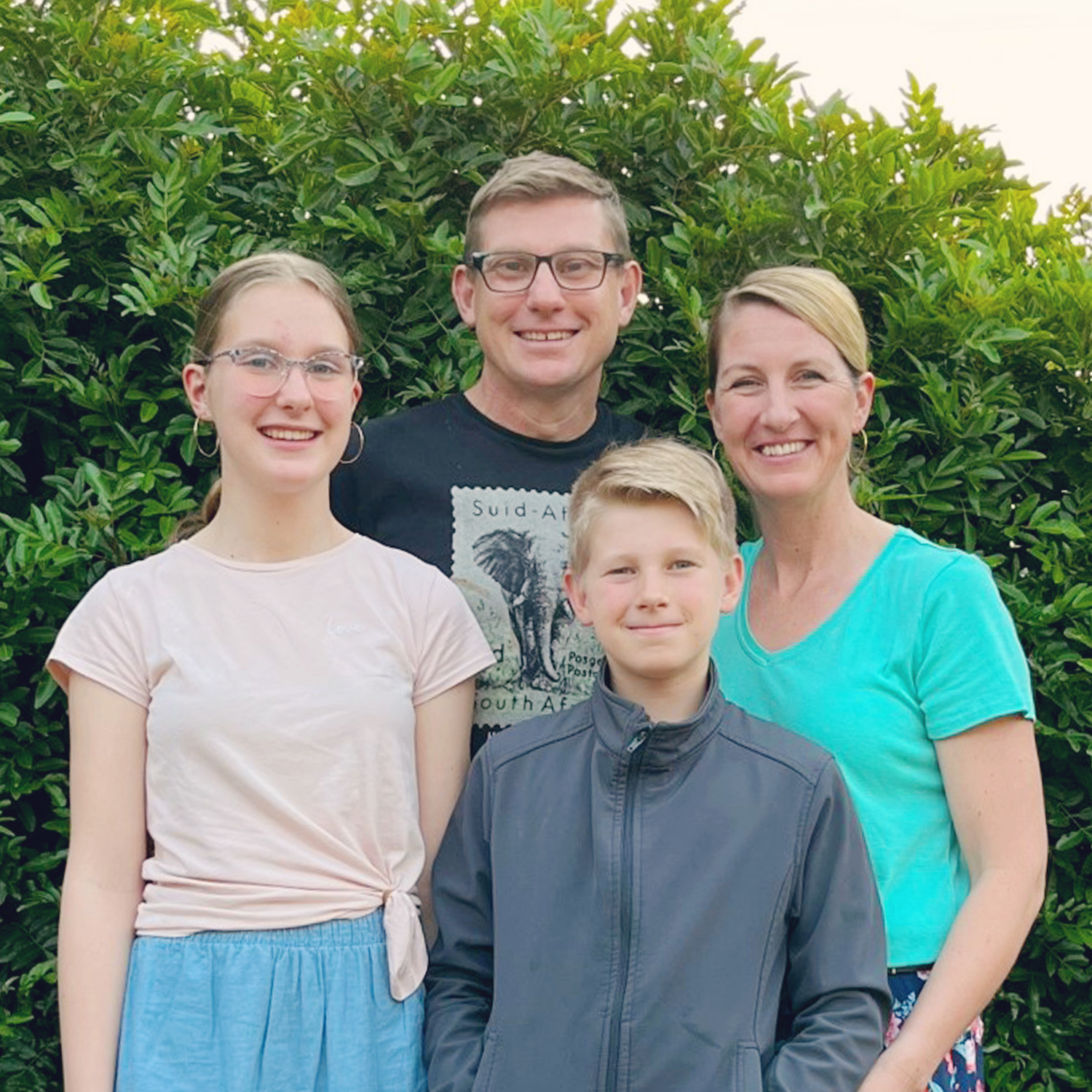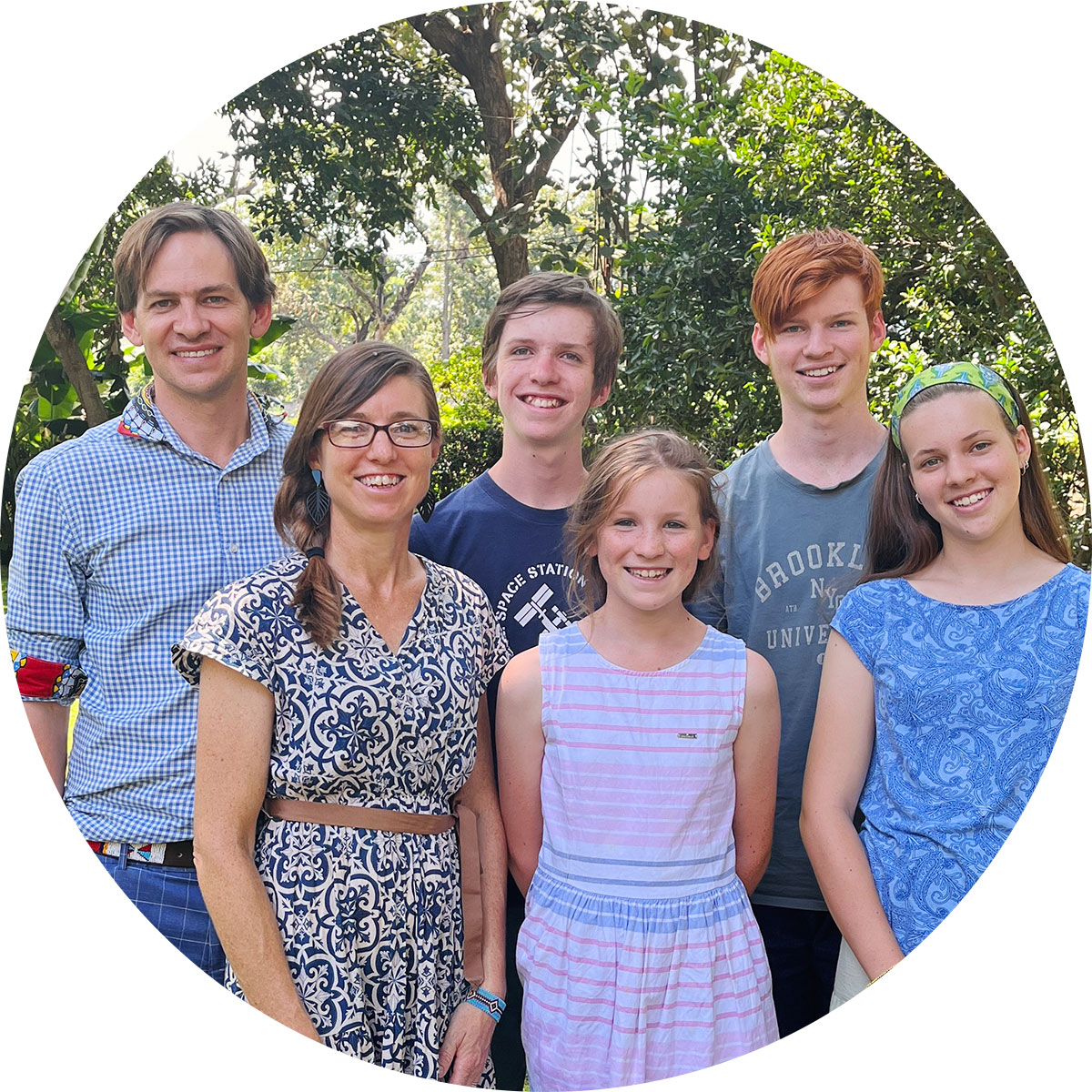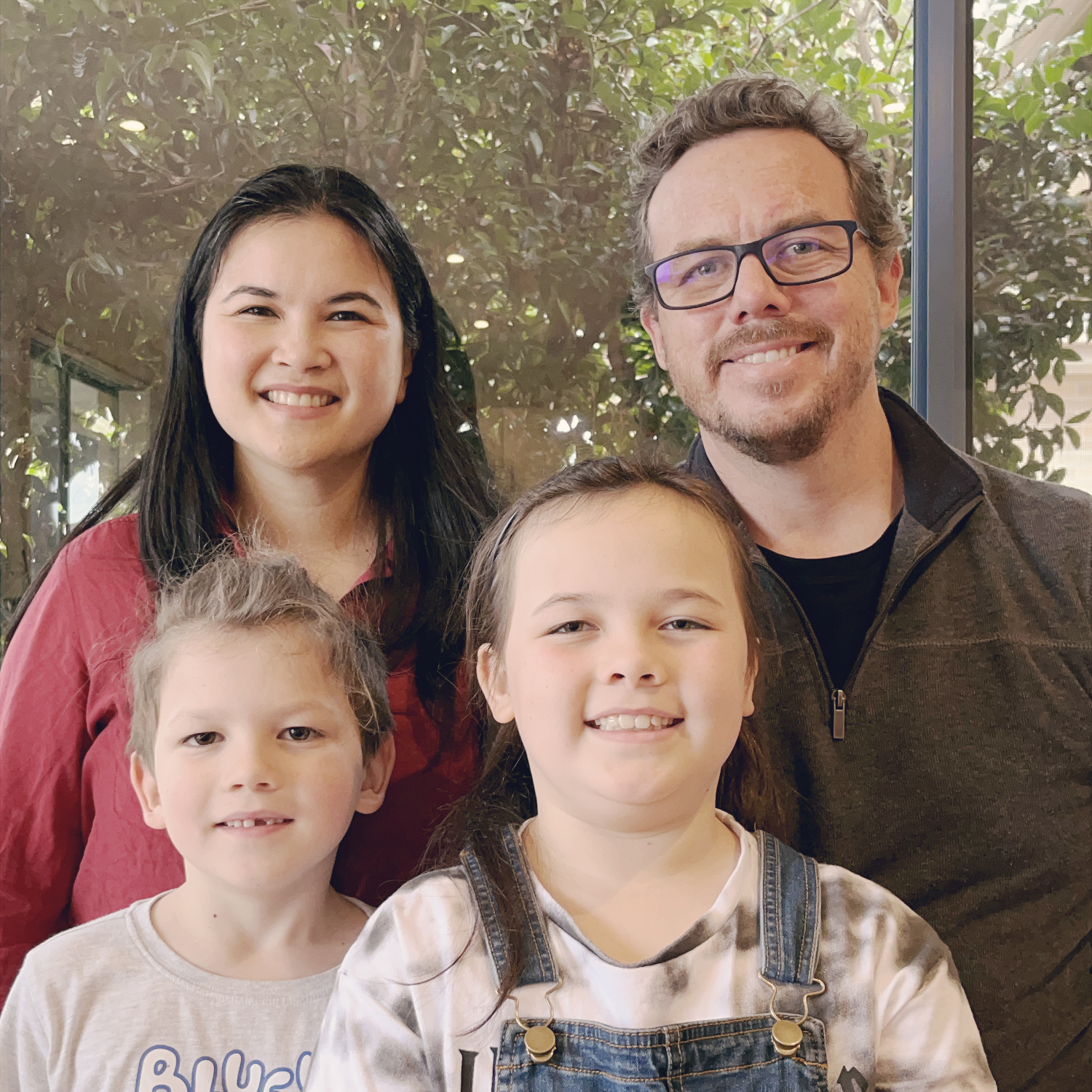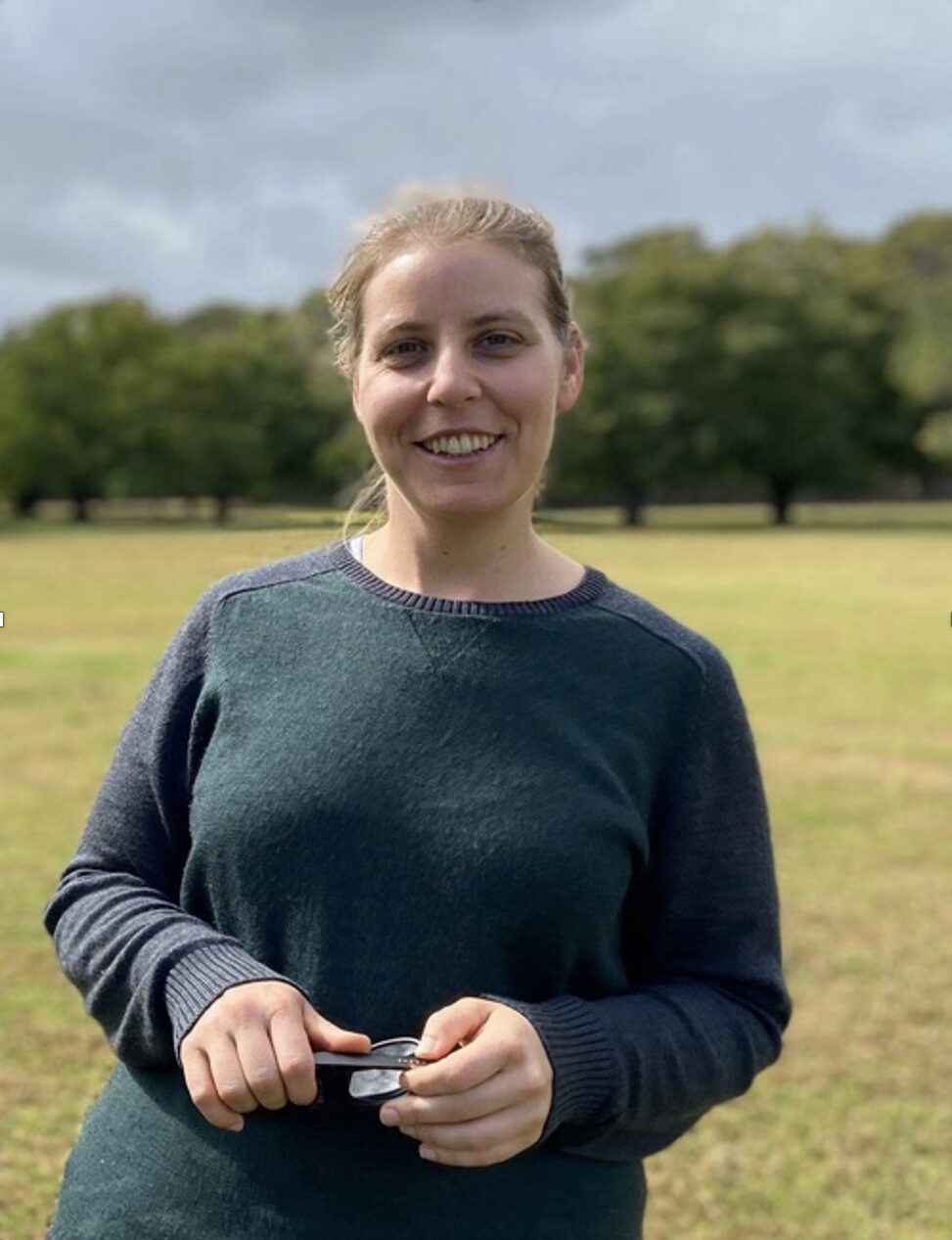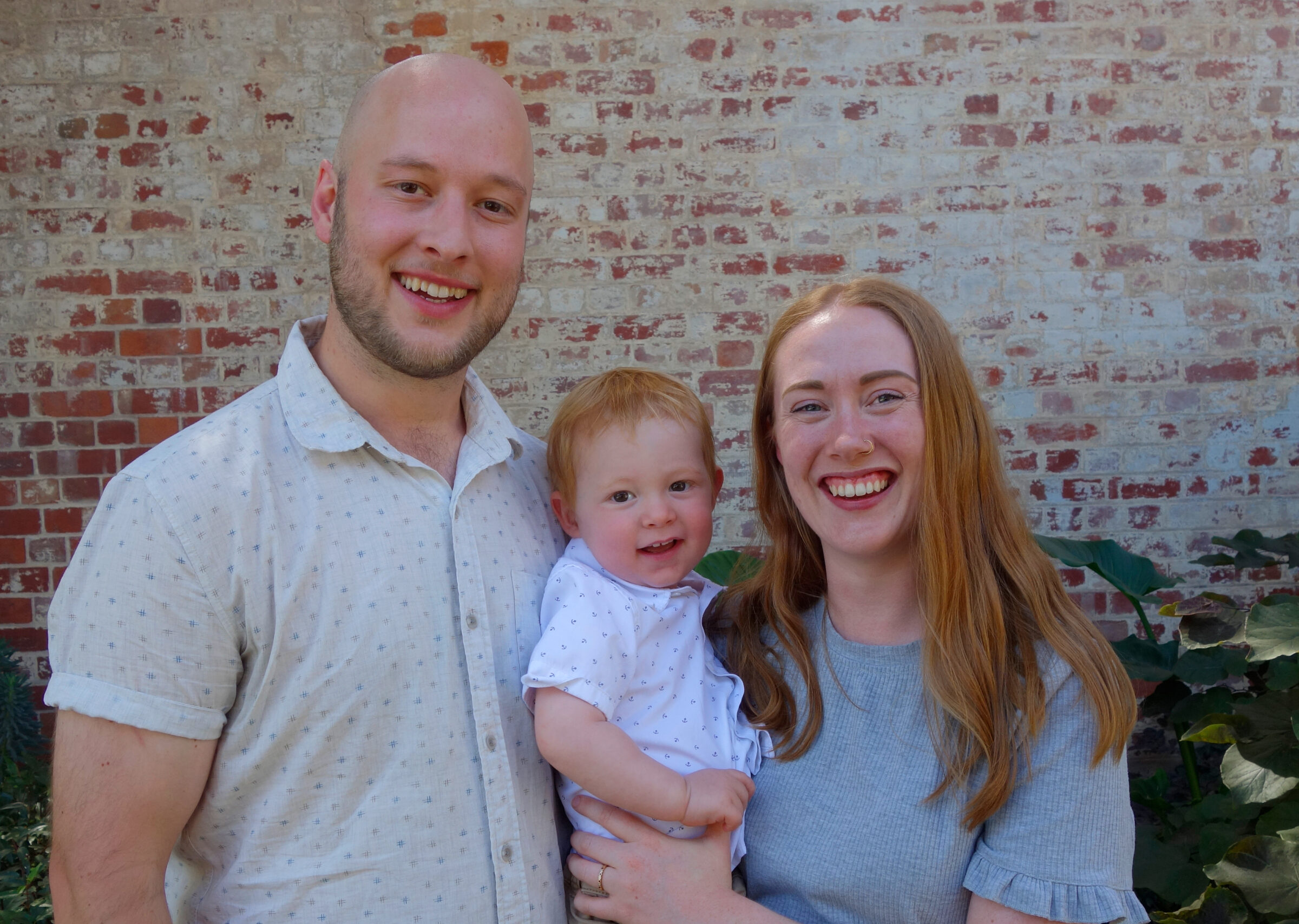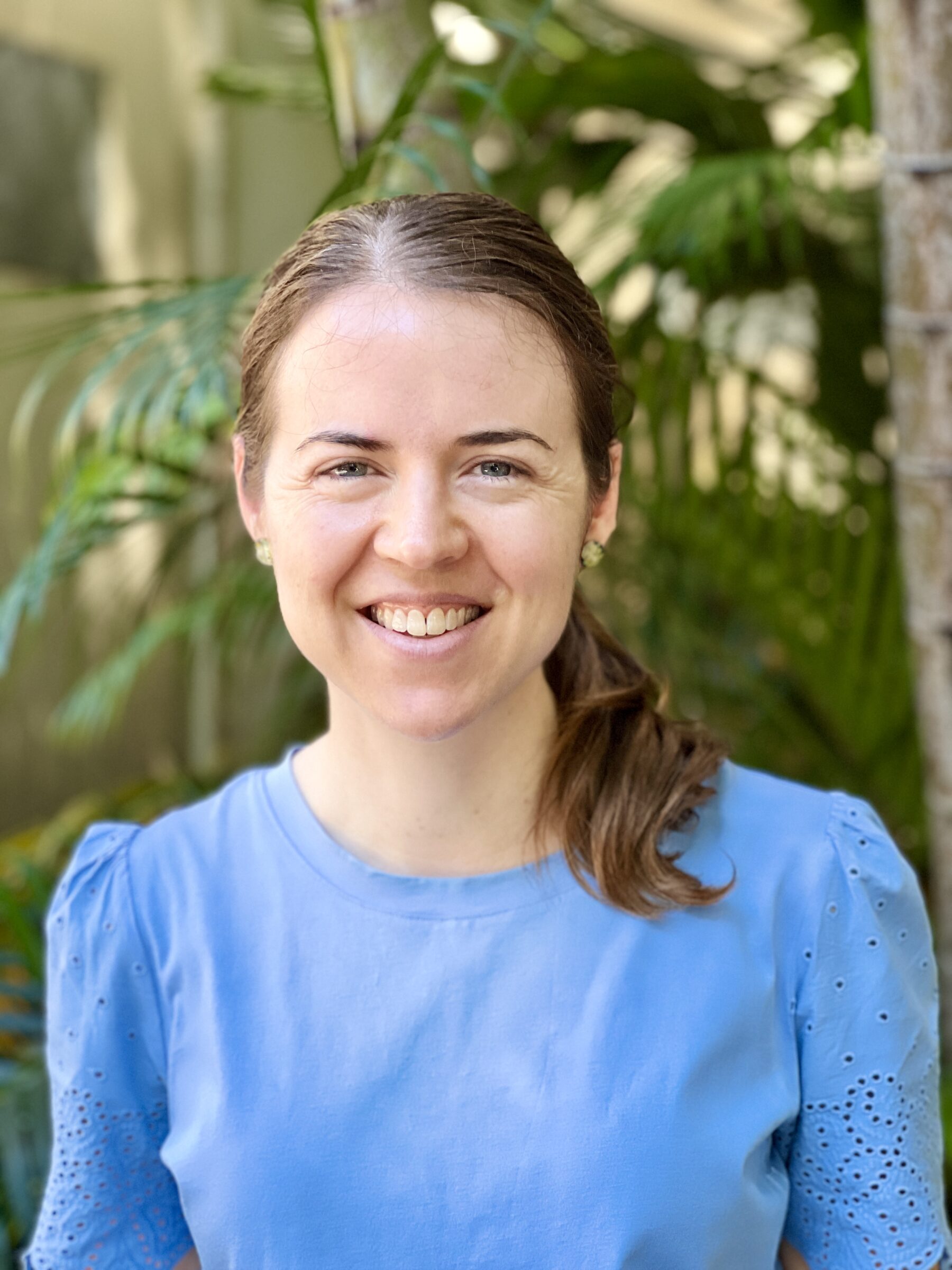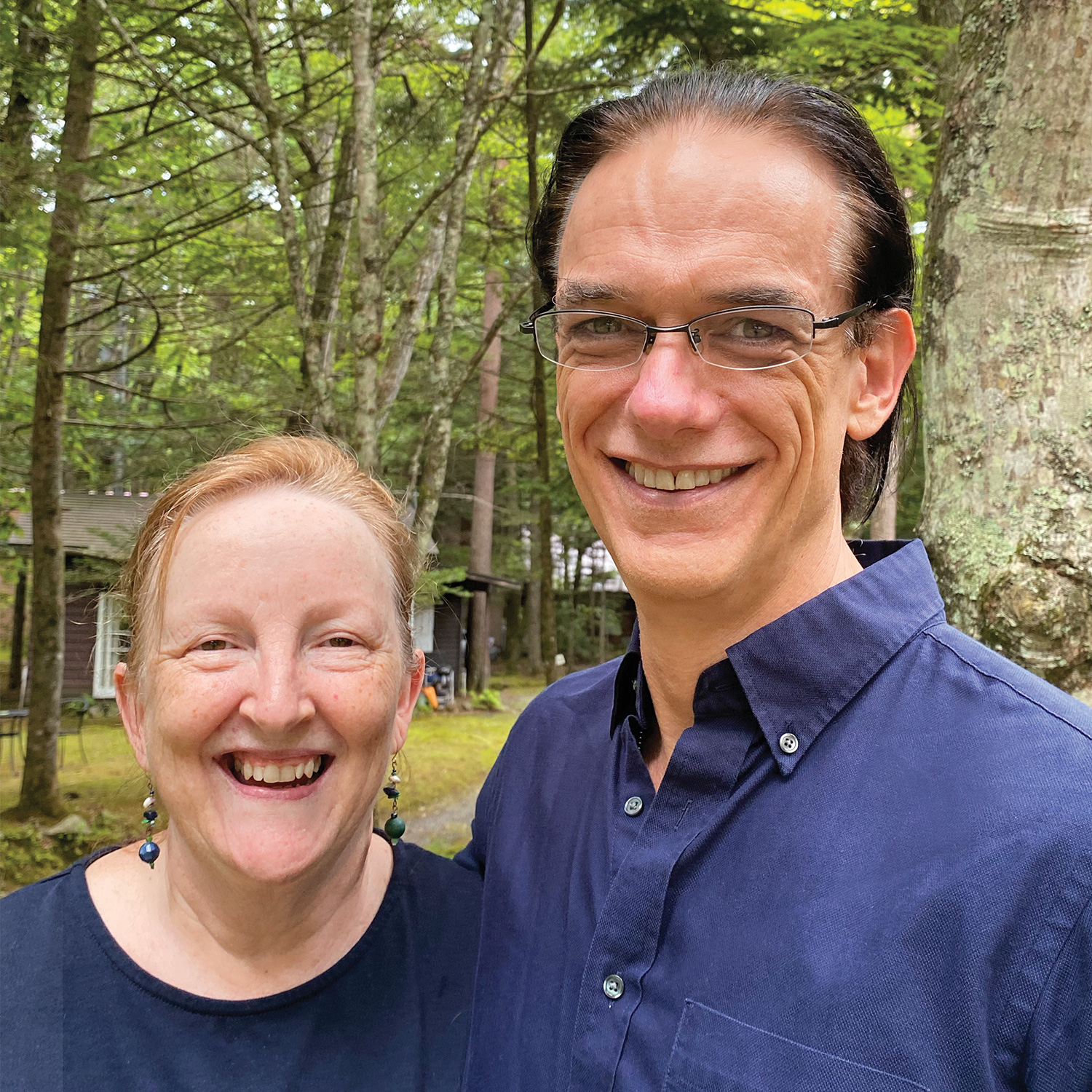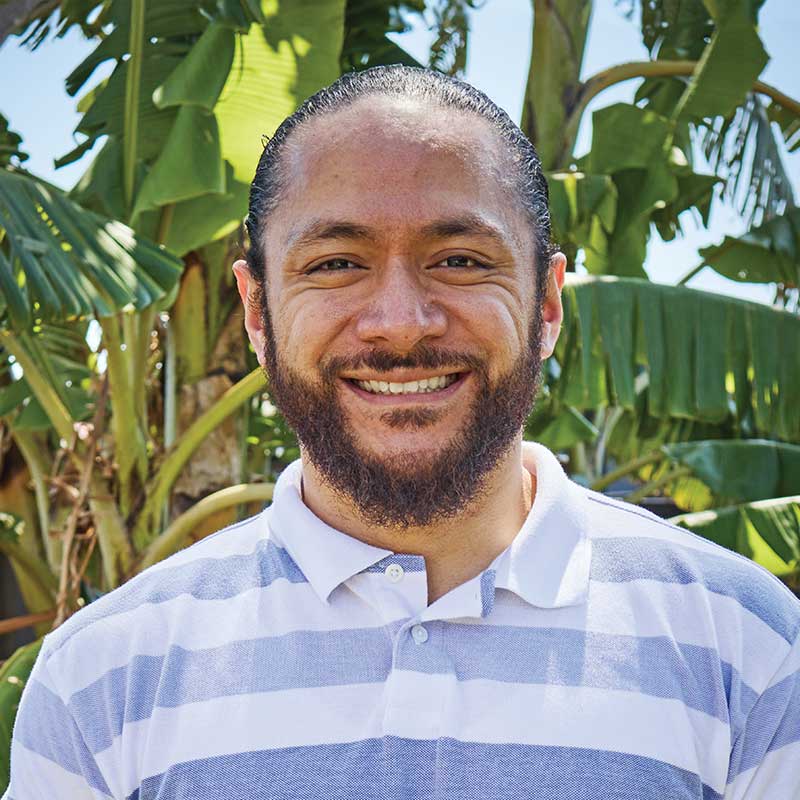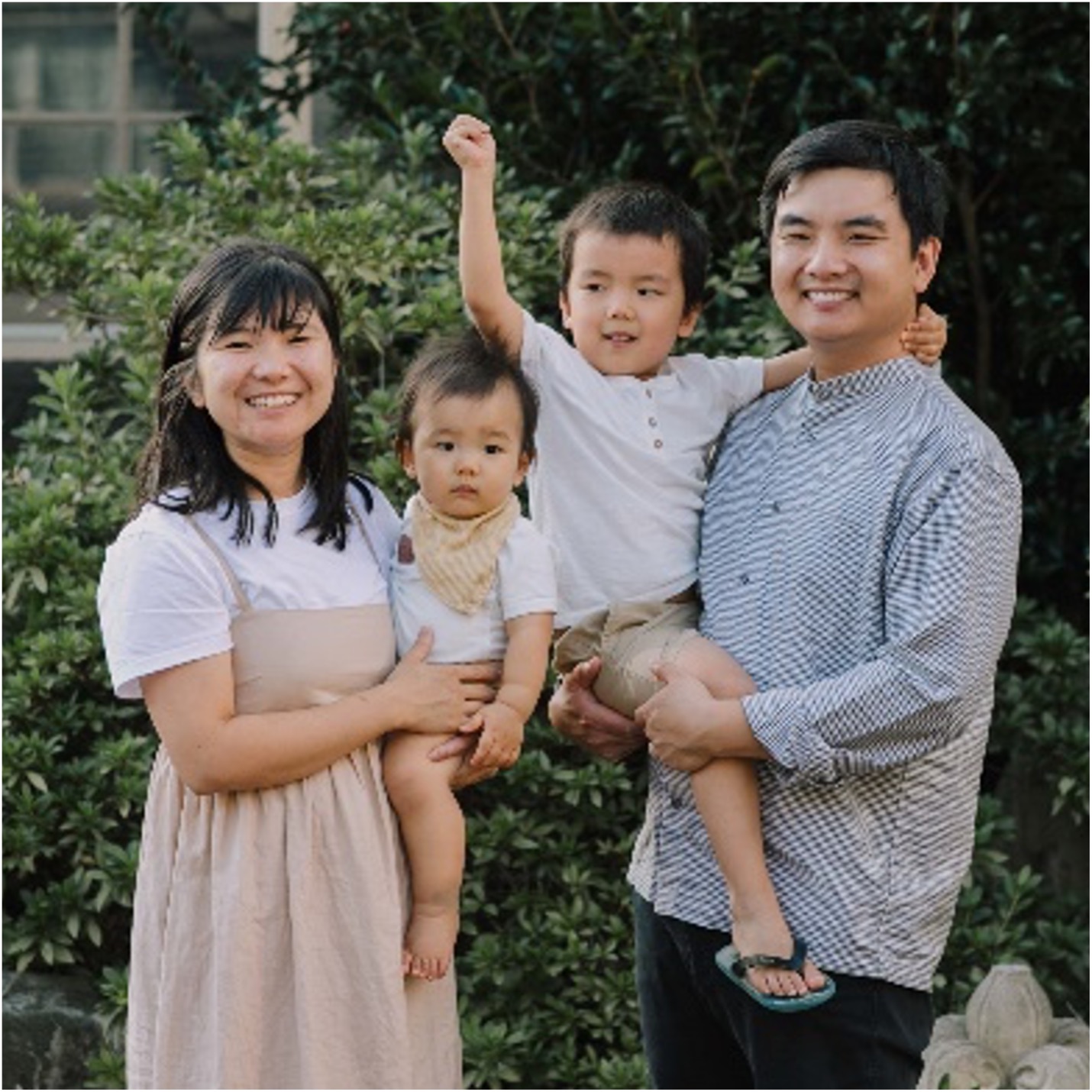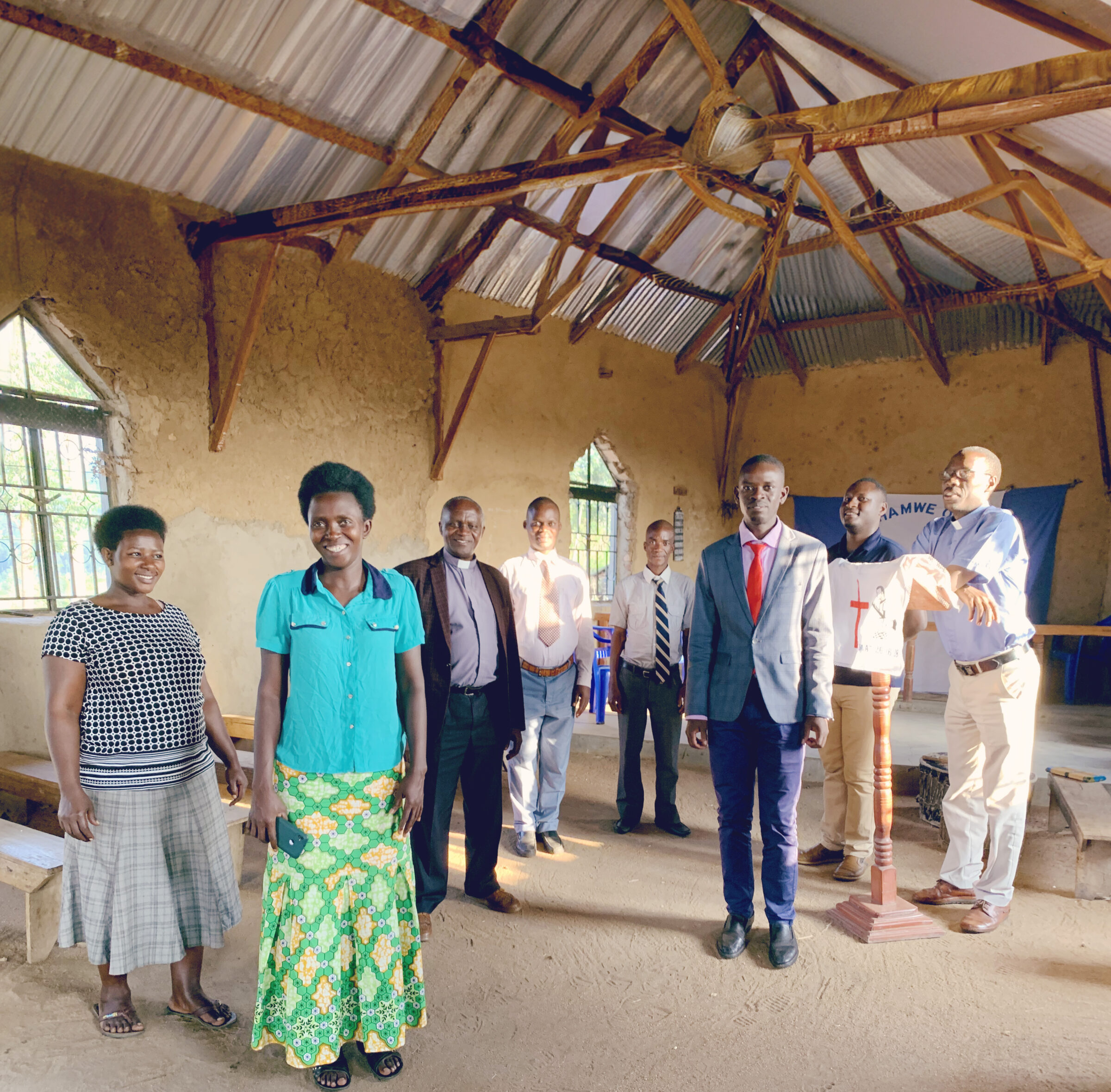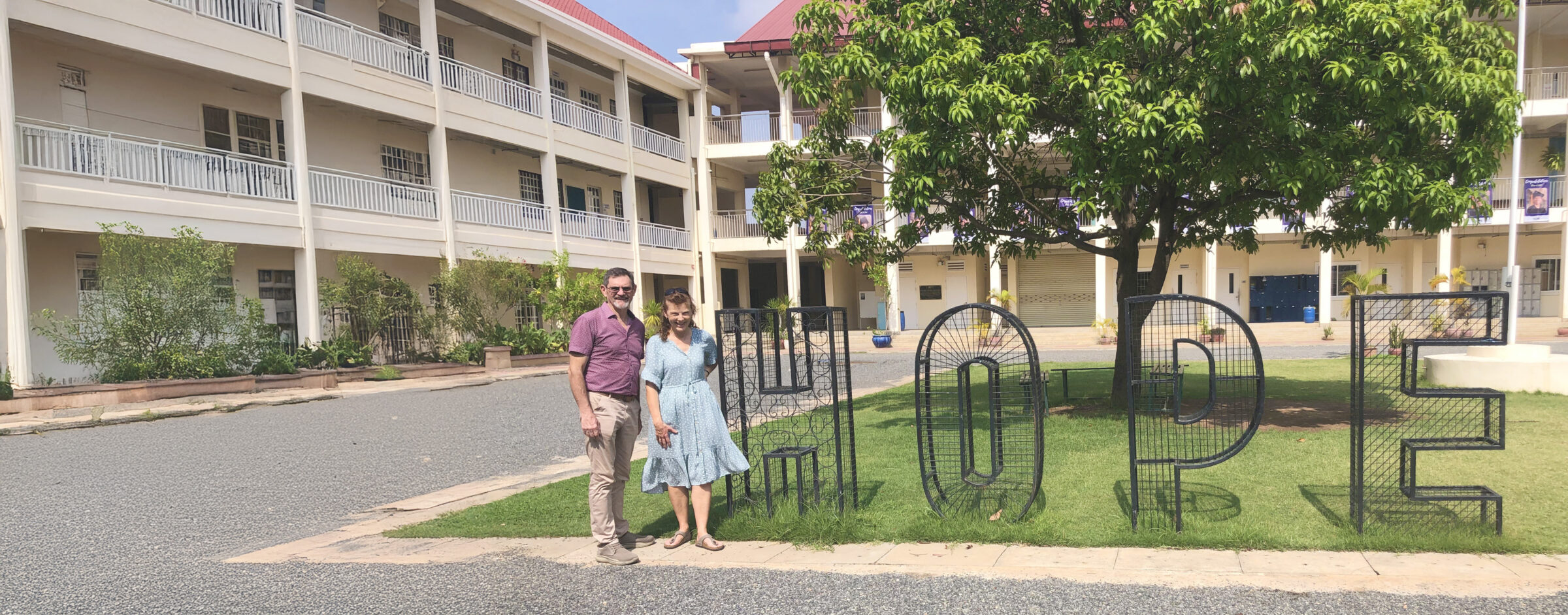Long-term focus: Stable and steadfast
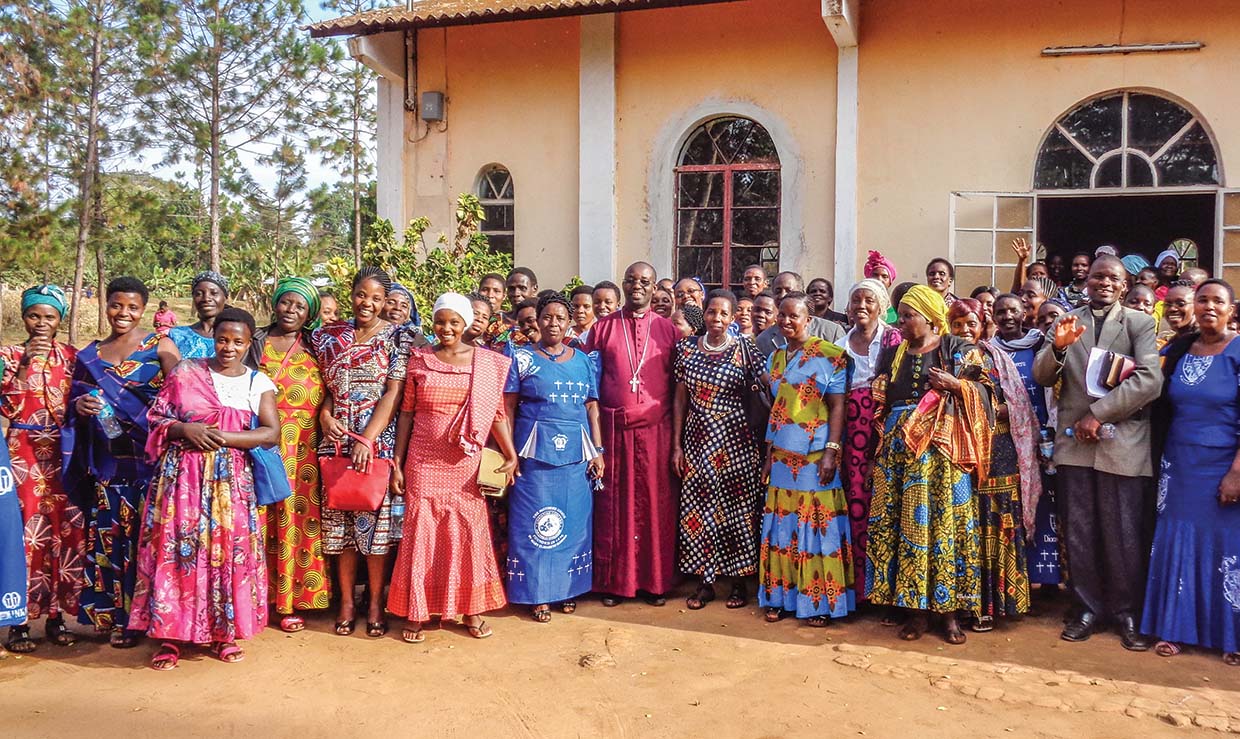
CMS missionary Judith Calf first began serving in Tanzania last century in 1998. She came back to Australia in 2009, but has now returned to Tanzania for another term of service. Here, she explains why she returned and why long-term mission matters.
In 2016 I was contemplating a return to missionary status with CMS. A key question was where I should go. Having talked it over with Jesus, I knew he was opening a door for me to return to my first love—Bible teaching—but where? My first inclination was to go somewhere new. That seemed exciting, challenging and suited my adventurous spirit. In my mind, I had ruled out a return to Tanzania as a going back—been there, done that. That deserved God’s gentle but firm rebuke. I write this article in Tanzania, serving in an area quite familiar to me, alongside brothers and sisters in Christ, many of whom I have known for nearly 20 years.
What does this have to do with the CMS distinctive of serving long-term?
If I had to sum up why CMS is committed to long-term ministry it would be this: mission is about relationships. Relationships take time and need language. Language learning takes time and needs relationships.
Paul, writing to the Thessalonians, models the importance of relationship in mission. “So deeply do we care for you,” he says, “that we are determined to share with you not only the gospel of God, but also our own selves” (1 Thessalonians 2:8, NRSV). I love that phrase “we are determined”. It tells me of commitment, effort, intention and selfless service. Sustainable fruit for the gospel most often requires the long-term commitment of investing in the lives and communities we seek to reach and nurture in the gospel.
So many CMS missionaries share the same experience, expressed as this: “It wasn’t until we returned for our second tour that people really began to trust us.” That means at least three or four years of missionary service, learning language and culture, building relationships—often before you can begin to get below the surface.
CMS’s commitment to language learning in those first years sets us up for years of fruitful ministry. I remember just beginning to feel comfortable teaching in Swahili at the end of my first three years. Returning to Tanzania this year, albeit with rusty Swahili, opened doors to new relationships and friendships. I was recently at a funeral for the mother of one of my colleagues here, at their home village. I wore what was natural to me: what Tanzanian women wear to mourn. I heard, as I passed, comments on how I was dressed—they were surprise, yet with a sense of being honoured that I should do this. This is knowledge gained from long-term service.
My Tanzanian colleagues are generous and patient with visitors, but I see the cost, and sometimes harm, when language and limited experience are a barrier to understanding. That is why I will be learning the Lweru tribal language, Kihaya, in the coming years: another long-term commitment.
Long-term partnership
One of the privileges of being a Mission Personnel Secretary[1] with CMS was visiting so many of our partner churches and organisations. Where it was exploring a new partnership and I was talking about the average length of service of a CMS missionary (10 years), I was often met with great surprise and then delight. In a mission world where short-term has become more of the norm, they were astonished to hear that missionaries from CMS Australia would commit to coming for the long term and living alongside their national colleagues. Long-term service is increasingly becoming a rare distinctive in global mission.
When I visited many of the partners CMS is involved with around the world, there was a sense of thankfulness. One of the questions frequently asked of missionaries in Tanzania, where Australians from CMS have served for more than 100 years, is “why are we still sending people to Tanzania?” That is a good question, but if you ask many in the Tanzanian Church, what they value is that CMS has not left them. “You are with us for the long haul.” In Tanzania, where the community of relationships far surpasses the individual, CMS’s commitment to long-term partnerships is a distinctive of our missiology.
A long-term team
Our Lord needed to rebuke me. Returning to Tanzania was not a going back but an honouring of relationships and gospel partnership begun 20 years ago. I feel humbled to join an illustrious list of current returnees committed to long-term mission, including: two couples in Nepal, Peter & Terry Blowes in Argentina, David & Prue Boyd and Graham & Wendy Toulmin in D R Congo, Norm & Janelle Gorrie in Kenya, as well as every new and current missionary determined to serve for the long term.
Since returning, I have been humbled and delighted to renew many old friendships, and create many new ones. Serving long-term has enabled me to see the fruit of ministry. That is a special delight. Students I taught as young evangelists are now pastors, church leaders and bishops! A woman came to share with me that she remembered one of my village teaching seminars (about 12 years ago) and still carries with her what I taught that day.
Long-term commitment is not just about the places we go to live in and people we serve. I have experienced long-term commitment from CMS supporters who have journeyed with me in all the ways I have served in mission. It is a humbling privilege to meet with God’s people who have persevered in prayer and giving for more than 20 years. A Monday night mission prayer group in a Sydney parish has prayed for me every month since 1998. That is long-term commitment to the gospel mission of our Lord.
Serving in mission is not about me. It is about Jesus and his people. Serving long-term is being a good steward of time and resources, invested in language, culture and people. There will always be a time to move on. But staying and committing to all the challenges of the long haul brings much joy.
CARE
Long-term mission means long-term care for missionaries by churches in Australia. Thank God for those who serve long-term in the field. Consider writing a note of support to the long-term missionaries you know.
[1] Now referred to as Regional Mission Directors.



